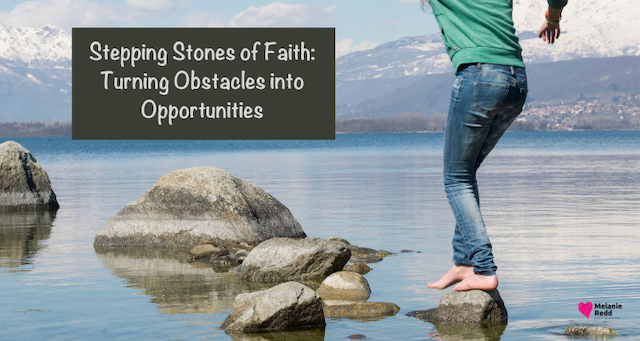Managing Difficult Emotions

Yesterday we explored the dangers of anger and how if left unchecked can lead to sinful behaviours. Today I want us to explore how to manage those difficult and harmful emotions that can affect our relationships. “Confess your faults one to another, and pray one for another, that ye may be healed. The effectual fervent prayer of a righteous man availeth much” (James 5:16). James felt that a good remedy for handling difficult emotions was confession. Most of our churches don’t practice confessionals in the same way that the churches did in the Old Testament. However, there is a place for godly relationships with people who we can be open and honest with and who can hold us accountable.
“A friend is always loyal, and a brother is born to help in time of need” (Proverbs 17:17). We need people in our lives who can be honest with us when our emotions lead to behaviours that are toxic and dysfunctional. We need to be open to listen and do the self-examination in order to correct and amend our ways. Solomon said in Proverbs, “Wounds from a sincere friend are better than many kisses from an enemy” (Proverbs 27:6). If your friend is sincere then you know that you can trust their feedback. You also trust that your friend loves you enough to tell you the truth because they want the best for you.
In addition to friends, we need to submit to spiritual authority and leadership. David had the council of the prophet Nathan to correct him when he fell into sin. “Why, then, have you despised the word of the Lord and done this horrible deed? For you have murdered Uriah the Hittite with the sword of the Ammonites and stolen his wife” (2 Samuel 12:9). Once David was confronted, he was immediately repentant. It helped that David was not defensive and he did not retaliate against Nathan. “Then David confessed to Nathan, “I have sinned against the Lord.” Nathan replied, “Yes, but the Lord has forgiven you, and you won’t die for this sin” (2 Samuel 12:13).
The story of David is an extreme case of the result of unchecked emotions of envy, jealousy and lust. This led to deception and murder in order to cover up his sin. Despite how depraved the sin was that David committed, he repented before God, prayed with sincerity and gained forgiveness. In summary, some of the ways to handle difficult emotions are to confess them to someone who God has placed in your life; be open to feedback and examine what is being said to see if it is meant to hurt you or to protect you from hurting yourself or others. Prayer and repentance is the main thing that we need to do with unhealthy emotions. God will heal and restore you from your place of brokenness and the Holy Spirit will give you the grace to avoid acting upon these emotions.
A.P.-Y.
Published by Anneta Pinto-Young
I am a trained Social Worker who currently provides professional leadership on a programme to support Social Work students and Newly Qualified Social Workers entering the Social Work Profession.
Born and raised in Jamaica in a Christian family where my father is an ordained Pastor and Deacon who has served for over 50 years in the ministry. My father is also a trained musician and our family can be described as a musical family. I grew up in a small farming community in St. Peter’s, St. Andrew and my parents also have a small farm.
I credit my gift of writing to my father who I watched and listened to over the years as he wrote sermons, poems and other recitals in his capacity in ministry. English has always been an easy subject for me and over the years I have developed an increased interest in writing.
I am a Trainer, I sing and have a passion for worship, the spoken word and the free flow of the prophetic anointing. I am married to my best friend Andrew Christopher Young who is an advanced Musician and whose music you can find on YouTube and Facebook. I am a trained Coach and Mentor and I love experimenting with food so I love cooking. I enjoy trying cultural dishes from across the world and I view food as an entry into cultures and languages.
View all posts by Anneta Pinto-Young
Published
July 27, 2021July 27, 2021




